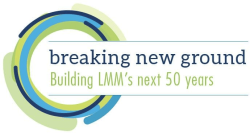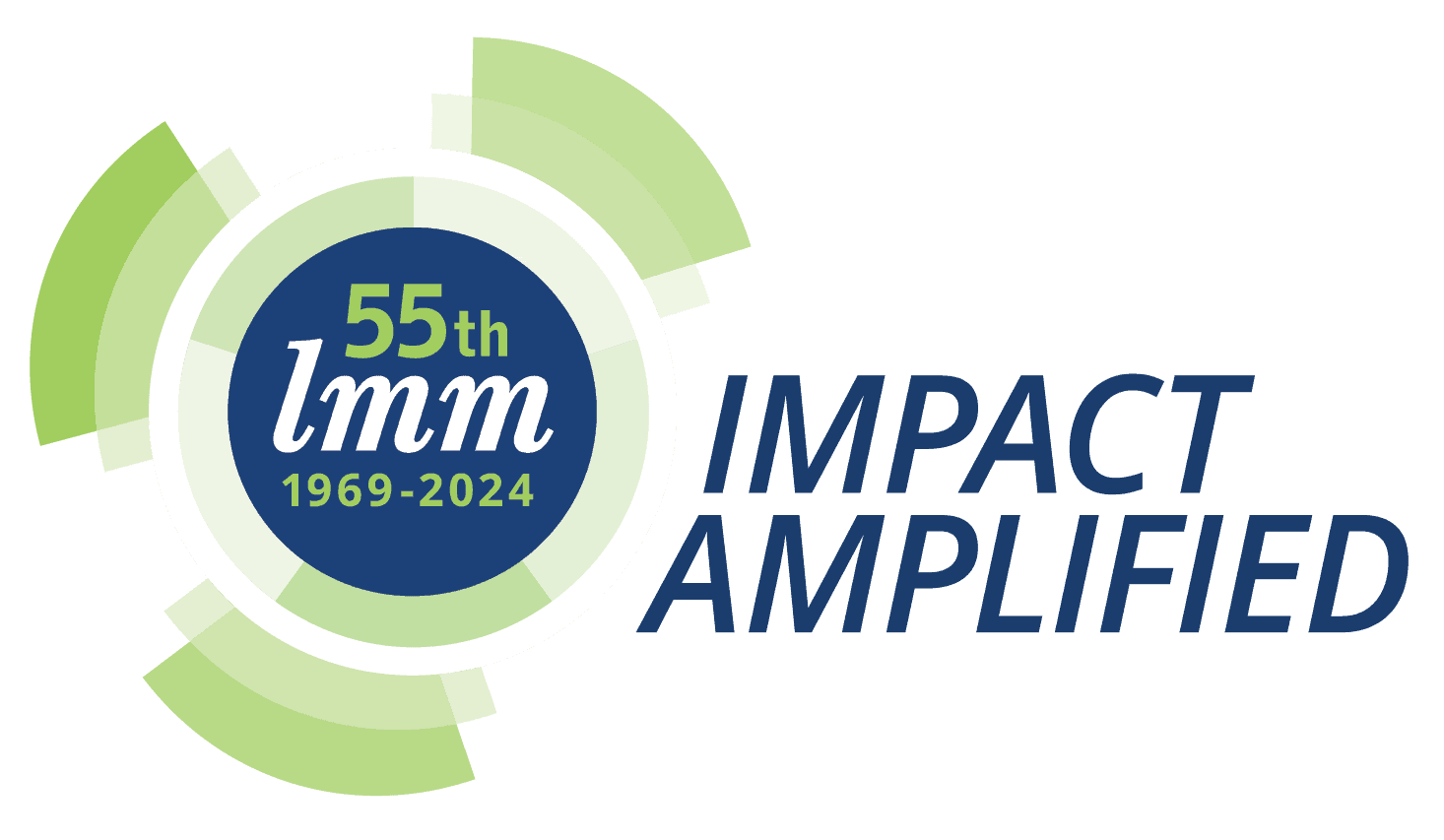The November ballot includes two statewide issues for consideration by Ohio voters. Issue 1 is a constitutional amendment in Ohio that impacts how bail is decided. If passed, Issue 1 would give the General Assembly authority to set procedures related to non-monetary bail (i.e., curfews, ankle bracelets) and monetary bail (i.e., cash).

Currently, this authority resides with the Ohio Supreme Court. It would also require judges to consider “public safety and other factors” when setting monetary bail. Currently, public safety is only considered when setting non-monetary bail like being subject to a curfew or being denied bail altogether.
Issue 1 was proposed after Ohio Supreme Court case Dubose v. McGuffey held that judges cannot consider public safety as a risk factor when deciding whether or not monetary cash bail is an appropriate condition. The Supreme Court decided that “bail is meant to facilitate release, not indefinite detention, and to ensure their appearance in court while the charges against them are being adjudicated” (Cuyahoga County Criminal Justice Change Efforts, 2022). The opinion was met with a strong opposition from the members of the Ohio General Assembly who in response, introduced House Joint Resolution 2 and Senate Joint Resolution 5, which would require judges to consider public safety when setting cash bail. The passage of these resolutions led to the addition of Issue 1 to the November ballot.
LMM opposes Issue 1 because these proposed changes would increase the number of defendants who will end up incarcerated pre-trial simply because they cannot afford bail. Cash bail is proven to have a disparate impact that keeps individuals who are low-income, and people of color behind bars pending trial while more affluent, usually white defendants are released. Pre-trial detention can also create undue harm as the defendant may lose their job, home, and child custody while awaiting trial. Finally, there is no evidence that limiting how, and when cash bail is utilized, harms a community.
LMM opposes Issue 1 in favor of existing policies determined by the Ohio Supreme Court that requires defendants be released “on the least restrictive conditions, that…will reasonably assure the defendant’s appearance in court, the protection or safety of any person or the community, and that the defendant will not obstruct the criminal justice process.” This is a more equitable approach when setting bail as it does not penalize people simply because they do not have the financial means to afford bail.
LMM has a long history of advocating for reforms to the bail process recognizing its discriminatory impact. In 2017, LMM partnered with the Jewish Federation of Cleveland on a bail reform advocacy day in Columbus. During the day Willie Brown testified to how his inability to pay a bail bondsman $350 after being arrested for a minor drug possession kept him incarcerated pre-trial creating additional traumas that required counseling and therapy to move past.
In 2019 LMM signed on to a comment letter led by the ACLU of Ohio in support of reforming the proposed amendments to Criminal Rule 46 to make it more equitable and lessen existing inequalities in the judicial system. In 2022, LMM participated in an ACLU advocacy day focused on bail reform (SB 182 and HB 315).
We hope you will join us in opposition Issue 1 on the November ballot.
To learn more about the harms of cash bail read: How Cash Bail Works (The Brennan Center)
Questions? Email Margie Glick, LMM Advocacy Director at mglick@lutheranmetro.org






